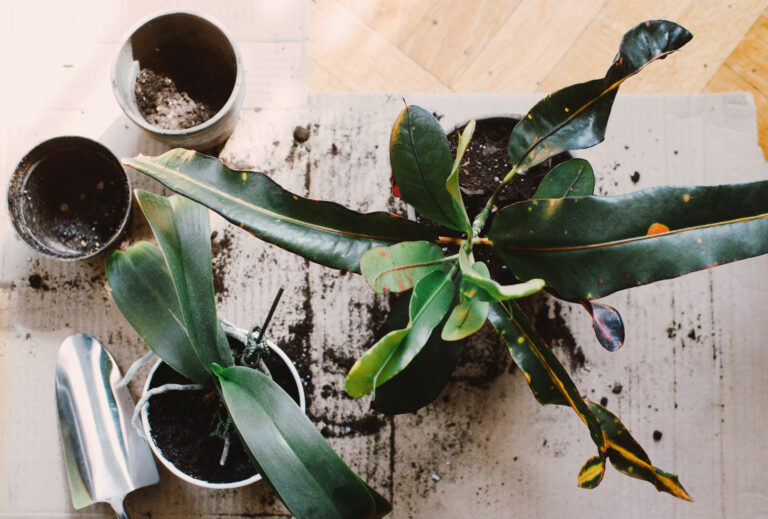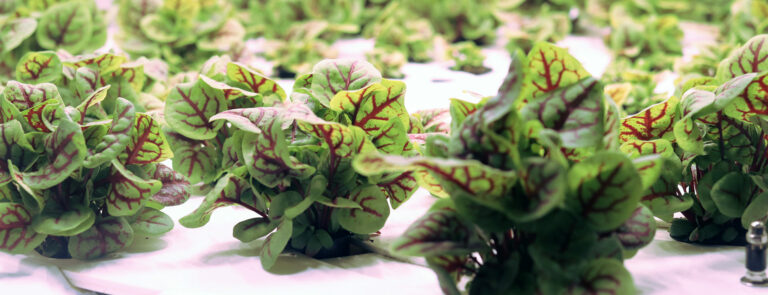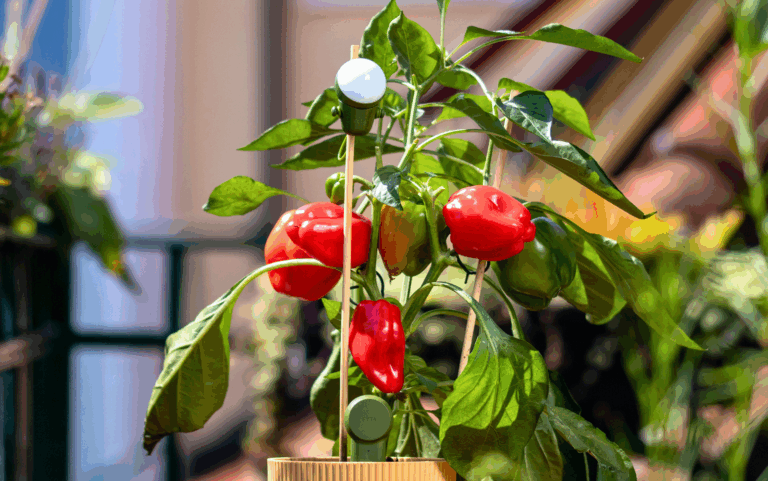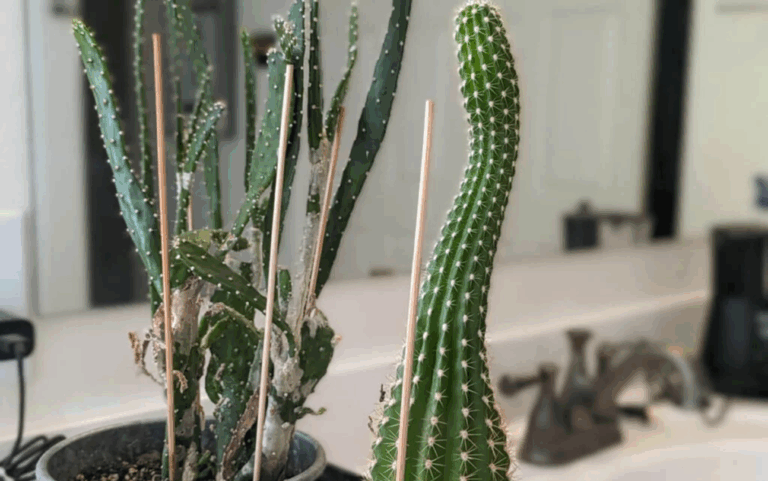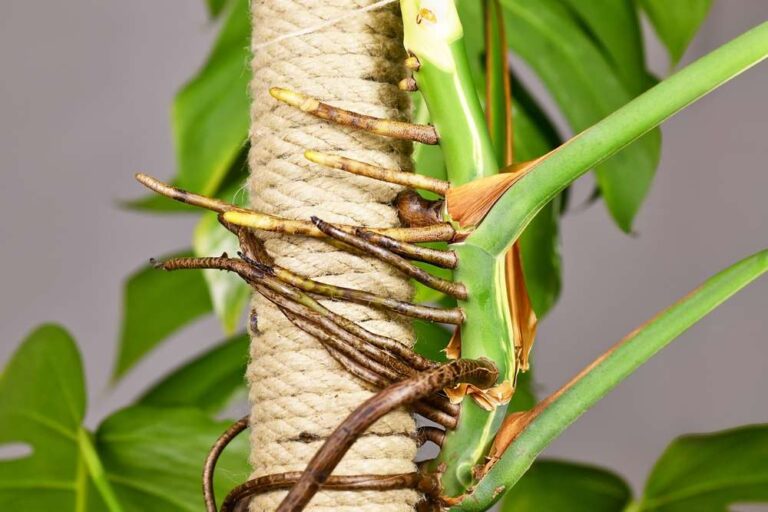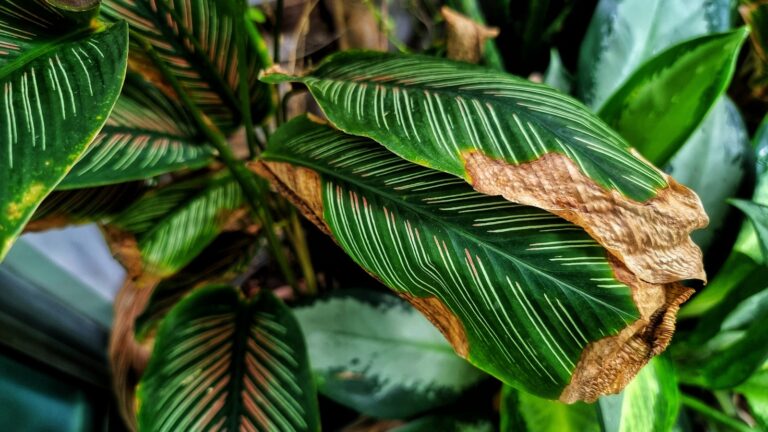
Benedict Furness is sitting in an Eco-Café in the small city of Frome; Somerset, England. Attending a course in biology, he made a video about a topic close to his heart: Plant Blindness. Come again? Plant blindness, the human inability to notice plants. While sipping on a nettle tea in a jar, he tells us what it is all about.
FYTA: So, Benedict, “plant blindness“ – that sounds rather weird when you hear about it for the first time.
Benedict Furness: Yes, at first I was like: what the hell is this supposed to be? Isn’t it obvious that plants can’t see! [laughs] One of my professors brought the term up at the end of a lecture, more as food-for-thought. And it made me think. I sat down in the library and looked it up. Turns out, it is a term which is actually circulating academic discourse. And the more I read about it, the more I realized: I am affected!
How is that?
Well, for instance when I walk to the bus stop, I don’t pay attention to the trees I am passing. As a biology student, I am concerned with plants a lot, but in my daily life – like most people – I barely notice them.

But isn’t that normal to a certain extent? If we stopped at every plant to look at it, the bus would leave without us.
Yes, sure. To spend your life gazing at treetops, ignoring street signs and timetables, is definitely not the best survival strategy in Western society. And for many people, this idea might even sound crazy. But with all of the distractions of modern life, the plethora of artificial stimuli we currently turn our attention to – considering the beeps, buzzes and blue lights radiating from our pockets and smart watches – is it too much to ask that we replace some of our attention with something natural? That might improve your sleep far better than any smartphone app.
What are you doing in order to shake off your plant blindness?
I now count the trees I pass. It’s a conscious battle to retrain my brain. And I draw plants. In general, I am more grateful about what they do for us. There are so many options to tackle your own plant blindness. You might want to sign up to a local allotment society, start a community garden, you might even just want to work out how to keep this one plant alive which you have at home.
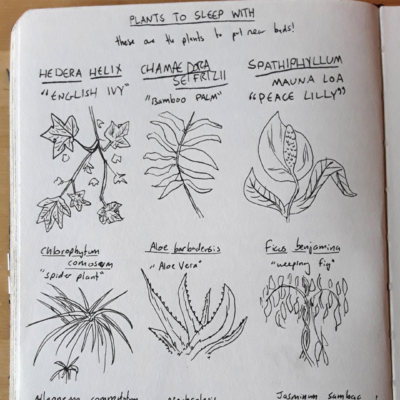
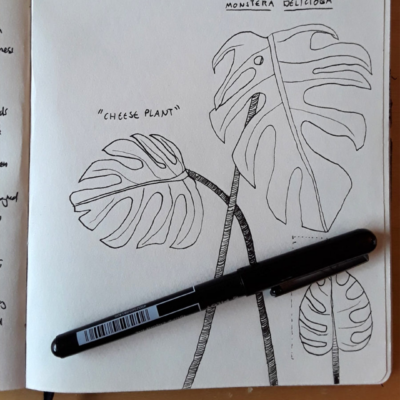
How did you end up producing the video?
The video is a result of a course on how to communicate science creatively and academically, using digital imagery. The topic was: Seeing the Unseen. Plant blindness was the perfect match for this. The course asked me to produce my own footage, that’s why there are lots of random shots of plants and me traveling through the world. But it gave it a natural personal twist I guess. I wrote and recorded the text first. Afterwards, it was a pretty painstaking process of cutting the clips and voice over together and shuffling them around.
Well, it was worth it! You present us with a scientific explanation for plant blindness. Can you outline its emergence?
For once you could say that we have some sort of evolutionary hangover. Studies have shown that plant blindness is more common in men than in women. This goes back to the traditional roles within archaic societies. Men would go hunting, women would look for specific plants, to collect them. So there is a biological aspect. The other explanation is that our culture is contributing to plant blindness. In the West, our interaction with plants is broken. It’s still there, but more disguised. We call our environments concrete jungles, for instance.
Yes, language might play a role, too. Because there are so many plants we can’t name, we also can’t notice them. The philosopher Ludwig Wittgenstein has put it this way: The limits of my language demarcate the limits of my world.
That is very well put! And is probably true. I keep it with Cicero, who said: If you have a library and a garden, you have everything you need.

